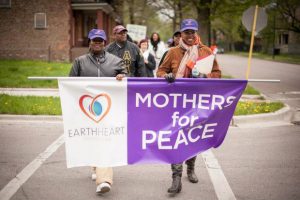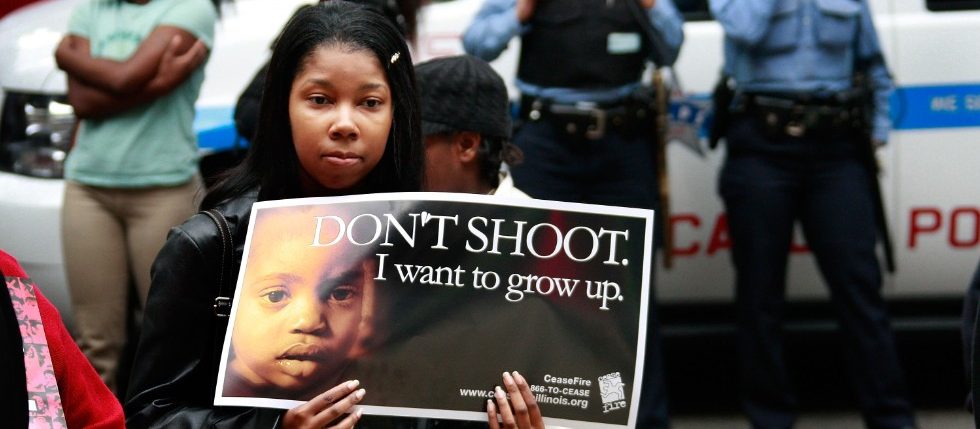Reflection on Education:
The prospect of being an education major initially terrified me. When I returned home for winter break – after taking Contemporary American Education and absolutely loving it – and told my friends that I was strongly considering being an Education and Government and Legal Studies coordinate major, I got “you’re paying all that money to go to Bowdoin just to be an education major?” in response. However, over time as I thought about my life trajectory more, I grew more confident in my decision. I want to make a difference in the world. I want to utilize the great education I am receiving, and use the respect that I carry with my Bowdoin degree to work to offset the rampant inequalities that prevail across America. I also love children. I strongly believe that the best way to improve the country is to invest in the next generation, and work to give them the tools to continue to progress America in the correct direction: toward equal opportunity and access for all.

Source: http://hechingerreport.org/four-reasons-theres-no-substitute-classroom-time-teacher-training/
Reflection on Class:
Although I initially signed up for Education 2272: Urban Education and Community Organizing because I was excited for a space to speak about urban public education (like the education I received at my public high school in Cambridge, MA that is bigger than Bowdoin) and appreciate it, especially because such a large percentage of the students around me attended private schools or boarding schools. However, although I did learn about urban education, the community organizing aspect of the course turned out to be my favorite and most significant to my learning.
The course covered the various perspectives on organizing and education (drawing on historical leaders and innovators in the organizing field that have shaped how organizing is conducted today), various systemic issues in education and society that stimulate organizing, strategies within organizing and focused on case studies to determine effective methodology, and how activism and organizing tangibly plays out in everyday life, with a focus on teacher activism. As someone who has only been involved in a couple of large-scale demonstrations in my life, I learned a lot about community organizing as a process.
My biggest takeaway from the course, however, is less about the process of organizing and more about the potential of organizing. Working with the community, and empowering them in the process, is an extremely viable way to stimulate change. Organizing both works to dismantle oppressive structures AND to empower the oppressed to resist future oppression that may manifest. This course allowed me to better understand the power of community, and the potential of all people to create serious change within their community and within the broader world as a whole.
Reflection on Project:
In a similar vein, studying specific examples of grassroots organizing to address a tangible problem within an urban education environment, as I did in studying organizing surrounding gangs and neighborhood violence in Chicago, provided me a clear insight into the power and importance of organizing.
This project is a great final because it both forces me to use all that I have learned throughout the course and challenges me to build on my existing knowledge through outside research on the particular problem I am focusing on. In my case, through studying gangs and neighborhood violence in Chicago, I learned a lot about how a community addresses a problem that has turned into an epidemic for the children of Chicago – for those not involved with gangs worrying about their safety, and for those involved in gangs fighting to stay alive. Violence is a particularly pressing issue, as the exposure to it can have significant psychological effects on children. It also affects their ability to succeed in school, leading to a serious problem for the urban education occurring in Chicago.
Again, the research on the grassroots organizations devoted to fighting gangs and neighborhood violence was the most significant part of this project for me. Most of the grassroots organizations that I researched both within Chicago and nationally were created by concerned community members, and now are legitimate organization working to combat neighborhood violence through programs, mentoring, and support. The work they have done speaks to the power of organizing to enable a community to stand up for itself and work to save and heal itself.

Source: https://www.dnainfo.com/chicago/20151201/downtown/chicagoans-actually-do-protest-violence-their-communities-all-time/
The final website project as a whole served as a tremendous application to all of the theory and concepts we learned throughout the semester. Within this website, you can find research on gangs and neighborhood violence and how the issue manifests both in Chicago and nationally, my thoughts on the principles of organizing and education (and how they are intertwined and interdependent), two syntheses of articles surrounding my focus problem, and a study of grassroots dedicated to combatting violence and gangs. All the research and writing I have done for this project directly applies to the course content, and is a unique and ideal way to consolidate all that I have learned throughout the semester in a fun yet substantial way.
